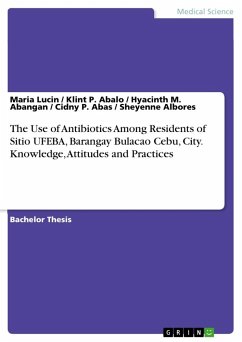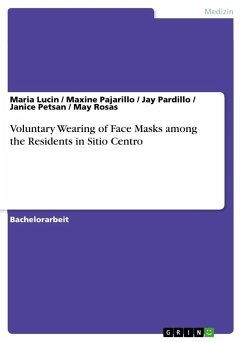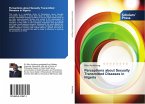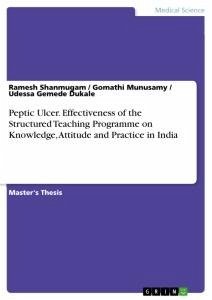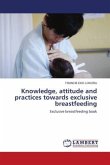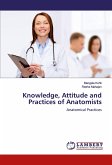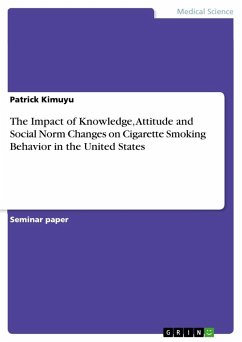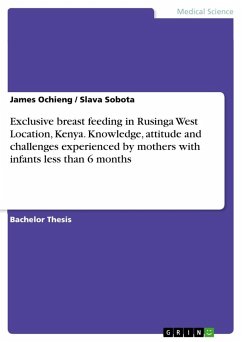Bachelor Thesis from the year 2023 in the subject Nursing Science - Miscellaneous, , course: NURSING, language: English, abstract: Antimicrobial resistance (AMR) poses a significant threat to public health as it undermines the ability to treat infectious diseases effectively and escalates healthcare expenses. This study examined the knowledge, attitudes, and practices towards the use of antibiotics of the residents of Sitio UFEBA Barangay Bulacao Cebu, City. By utilizing a descriptive correlational research design, this study involved 140 voluntary respondents who actively participated in data gathering by administering a standardized questionnaire. Antimicrobial agents are medications that either kill or retard the growth of pathogenic organisms. Antimicrobials have been recognized as the most effective drugs for fighting infections and curing diseases. Its advancement has significantly contributed to and played a significant role in health care by increasing life expectancy. It is beneficial in various ways, including performing multiple surgical procedures and treating various infectious diseases and complications, and it is also used as a preventative medicine for illnesses. Antimicrobial resistance (AMR) is a significant public health issue that jeopardizes the ability to treat infectious diseases, driving up healthcare costs. Every year, at least 70,000 people die from drug resistance to diseases such as bacterial infections, malaria, HIV/AIDS, and tuberculosis. According to Yusef et al. (2018), antimicrobial resistance is a global health issue linked to increased morbidity and mortality rates because limited agents are ineffective in treating various diseases. Antimicrobial resistance is very concerning because it limits the effectiveness of antimicrobial agents. It would also necessitate a significant increase in research and antimicrobial supplies. As a result, there would be a burden of unnecessary costs in the field of healthcare.
Hinweis: Dieser Artikel kann nur an eine deutsche Lieferadresse ausgeliefert werden.
Hinweis: Dieser Artikel kann nur an eine deutsche Lieferadresse ausgeliefert werden.

